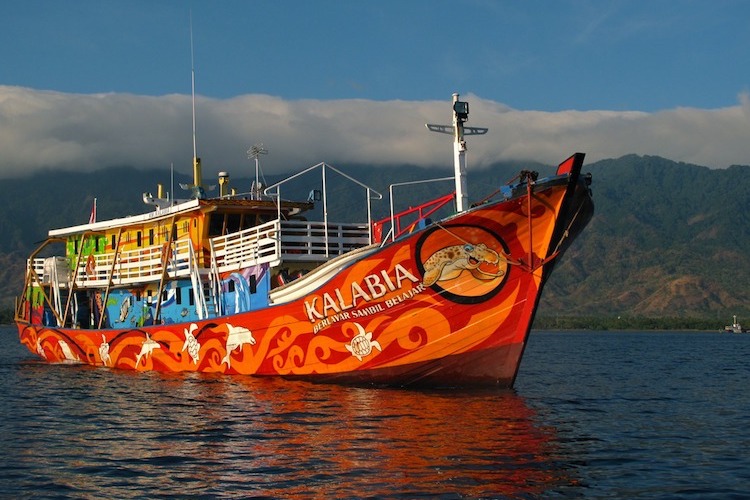By Robert Johnson
PARIS (IDN) – UNESCO , the United Nations Educational, Scientific and Cultural Organization, has nominated three non-profit organizations in Namibia, Indonesia and Estonia for outstanding projects aimed at promoting the role of education in connecting the social, economic, cultural and environmental dimensions of sustainable development, known as Education for Sustainable Development (ESD).
The initiative was launched within the framework of the Global Action Programme (GAP) and officially announced at the UNESCO World Conference on ESD from November 10-12, 2014 in Aichi-Nagoya in Japan. The GAP calls for scaling up of ESD action at all levels as a means of implementing all 17 Sustainable Development Goals (SDGs).
Subsequently, the UNESCO-Japan Prize on Education for Sustainable Development with Japan providing funds, was announced.
ESD is recognized as a key element of quality education and a crucial enabler for sustainable development. The SDGs adopted by the global community recognize the important of education in achieving their targets by 2030. Target 4.7 of SDG 4 on education specifically addresses ESD and related approaches.
This year’s winners are: the Namib Desert Environmental Education Trust (NaDEET) from Namibia; the Kalabia Foundation (YaKIn) from Indonesia; and the Let’s Do It Foundation from Estonia. Each of the three non-profit organizations will receive an award of US$ 50,000 in a ceremony in Paris on October 9, 2018. This is the fourth edition of the Prize.
NaDEET was selected for its project ‘NaDEET Centre on NamibRand’ which, located deep in the Namib desert, runs programmes offering hands-on immersion in ESD for everyone from schoolchildren to community groups, educators and parents. Through experiential transformative learning, sustainable living is put into practice. With a focus on energy, waste and water, NaDEET also helps young people in their struggle to overcome poverty.
The Kalabia Foundation wins the Prize for its experiential programme: ‘Environmental Education for the Heart of the Coral Triangle’. It consists of a 34 metre-long ship staffed with local educators, bringing interactive marine conservation education to remote coastal villages of West Papua. Regional youth acquire knowledge, awareness and appreciation of their communities’ natural resources, while building a sense of responsibility to preserve the unique ecosystems around them.
The Let’s Do It Foundation is awarded for its international projects ‘World Clean Up Day’ and ‘Keep it Clean’, tackling environmental and social problems related to mismanaged solid waste. Initially started as a national scheme in Estonia, these projects are now mobilising and crowd-sourcing 20 million volunteers in 113 countries to map and deal with waste and to develop waste management plans for communities.
This year’s winners were chosen by an independent international jury from 87 nominations, submitted by the governments of UNESCO Member States and organizations in official partnership with UNESCO. The core selection criteria were the projects’ potential for transformation, their innovative quality and the ability to embrace all three dimensions of sustainability – the economy, society and the environment. [IDN-InDepthNews – 24 September 2018]
Photo: Kalabia, a floating environmental education program engaging THE NATURAL CURIOSITY OF CHILDREN TO TEACH conservation in Raja Ampat, West Papua, Indonesia. Credit: nebula.wsimg.com
IDN is flagship agency of the International Press Syndicate.
facebook.com/IDN.GoingDeeper – twitter.com/InDepthNews

